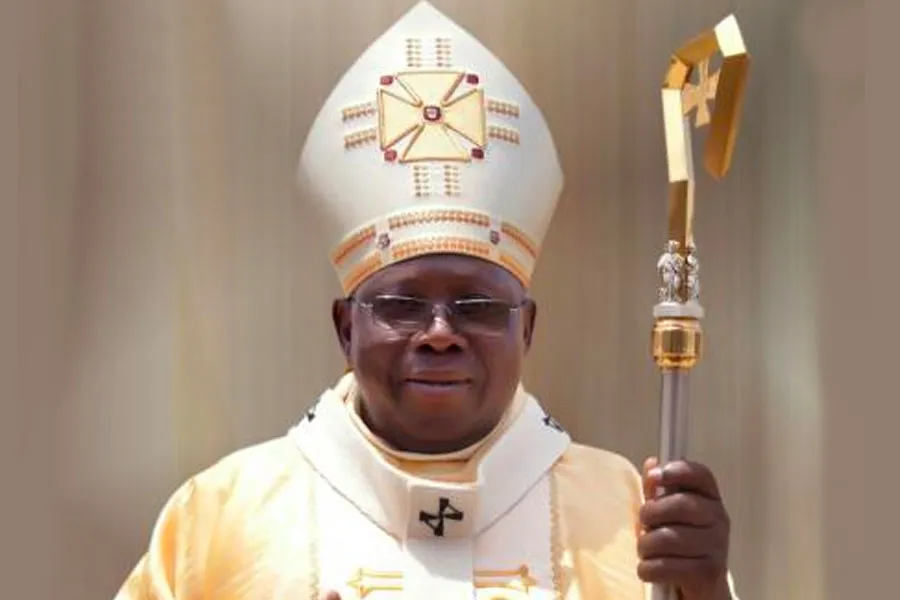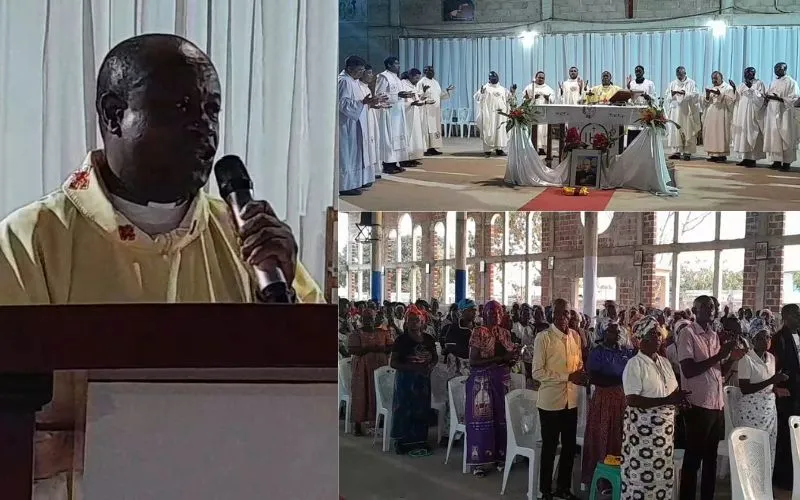Ibadan, 21 August, 2019 / 11:04 pm (ACI Africa).
Catholics bishops from Nigeria’s Ibadan ecclesiastical province have decried the increased insecurity in the country and urged the various levels of their government to enhance security in order to save the country.
“It is unfortunately now a commonplace phenomenon that Nigerians wake up each day to lament woeful news of killings, lynching, kidnappings and brigandage in the country,” the bishops stated in a communique availed to ACI Africa following their meeting at the beginning of the month.
“Many people, including Catholic Priests, have fallen victim to this tragically insecure environment,” the Prelates revealed, blaming the rising levels of insecurity in Africa’s most populous country to the lack of a strong criminal justice system as well as the lack of goodwill from the government.
“The lack of a clear pattern of punishing crimes and lip-service commitment to the protection of life and property on the part of the Federal government and security agencies have left many Nigerians living in fear from day to day,” the Bishops said and lamented, “There seems to be no end in sight, especially with allegations of killings by Fulani herdsmen being left unattended to.”
The West African country has borne the wrath of the extremist group Boko Haram that has launched attacks on the country since 2003 when rebels attacked police stations in Yobe state, which borders Niger.





